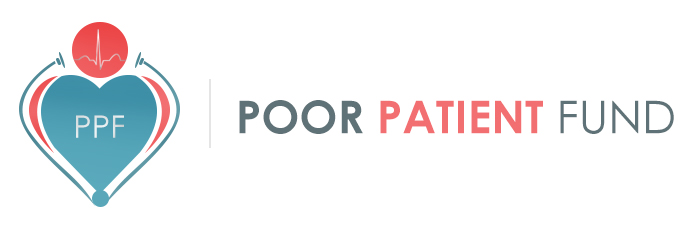
interview with Dr. Raghdah Khalid
- Posted Category : Articles
- 19 May 2018
We conducted the following interview with Dr. Raghdah Khalid Hamad, Specialist Obstetrician and Gynaecologist, about fasting during pregnancy and breastfeeding:
When does fasting affect the foetus?
Sometimes the foetus is affected by its mother's fasting and she starts feeling severely tired and fatigued, and she is unable to complete her normal daily work. Accompanying that is dehydration and decreased foetal movements. In this case, it is preferable for the mother not to continue fasting and in this, there is leeway from Allah for the pregnant woman as a means of mercy on her and her foetus.
When is the most appropriate time to take medication?
The times to take medication is according to the directives of the following doctor, but generally, during fasting, medication is taken after iftar or at suhoor.
Does fasting have an effect on the amount of milk in nursing mothers?
Fasting affects nursing mothers indirectly. During the day in Ramadan, bodily fluids decrease and so does food decrease, resulting in a decrease in the milk of the nursing mother. However, after iftar, the secretion of milk increases.
In order to prevent the decrease of milk in the nursing mother, she should drink much fluids and juices and she should get the child used to eating meals according to his/her age, like yoghurt, juice and boiled vegetables. As a result, she should decrease nursing during fasting. It is permissible for the nursing mother to break the fast if the fast is affecting her child and this is a leeway from Allah – Glorified and Exalted.
What are the most important foods that you would advise a pregnant woman and a nursing mother to eat?
We advise pregnant and nursing women to eat healthy foods which contain all types of nutrients, concentrating on foods rich in Calcium to protect her in the future from bone and tooth diseases. In addition, fruit and vegetables, which contain vitamins and iron.
We advise the pregnant woman to consume six meals a day, instead of three, so that she does not feel over-full and suffer from shortness of breath and difficulty in sleeping. We also advise her to eat fruit at night and not fatty meals to avoid experiencing heartburn.
Many women suffer from constipation and urinary infections and this is more in Ramadan. How do you avoid this?
The reason for constipation during pregnancy is due to the slow movement of the intestines because of the pressure of the womb on the intestines. To prevent this, the woman should partake of fluid-like meals, such as soup, and she should drink fluids and decrease intake of foods that cause constipation like white bread and beans.
As for urinary infections, these are due to the short urethra in woman. Infections increase in pregnant women because of urinary retention secondary to the incomplete emptying of the bladder due to pressure from the womb on it. Therefore, she should drink a sufficient amount of water, especially in hot climates. She should see a doctor if experiencing any pain during urinating.
Any final words, doctor?
It is important to monitor pregnancy regularly as the doctor sees fit and according to the specific case. There are cases in which fasting would be not allowed because it threatens the health of the mother and child, and the doctor is the one who decides this.
The pregnant woman may do some light exercises to decrease pelvic pain due to the pressure exerted by the foetus.
I wish everyone good health. May Allah accept our fasting and prayers.
PMA_SA
All opinions and comments displayed do not necessarily represent the official opinion of the website, but they represent the view of the writer
